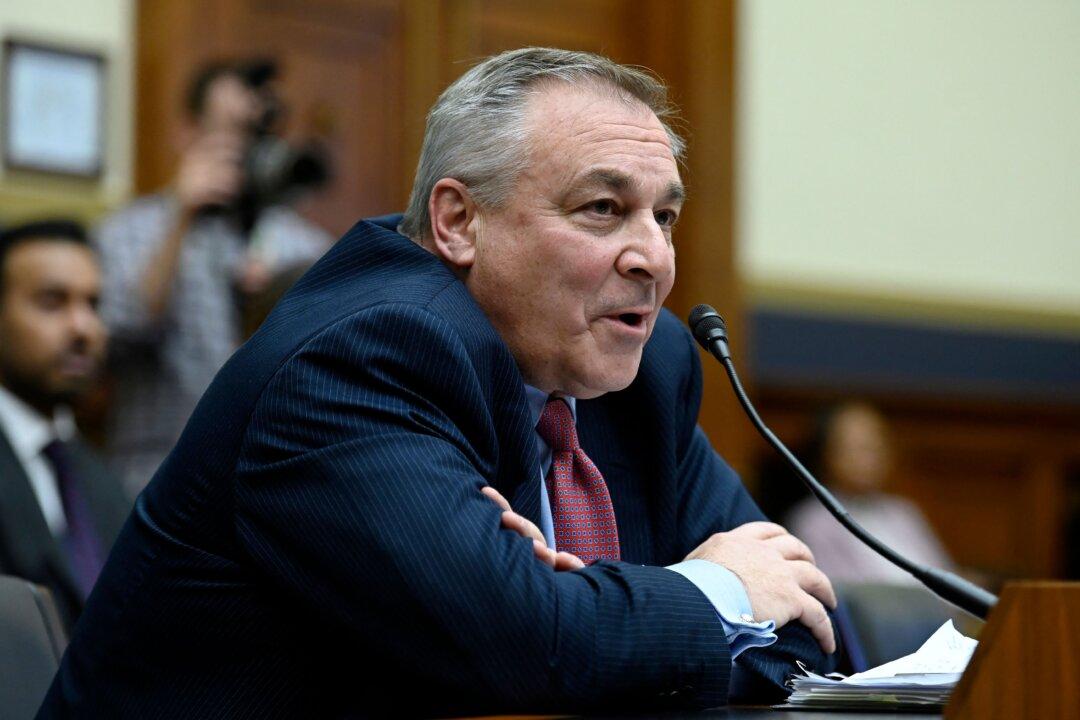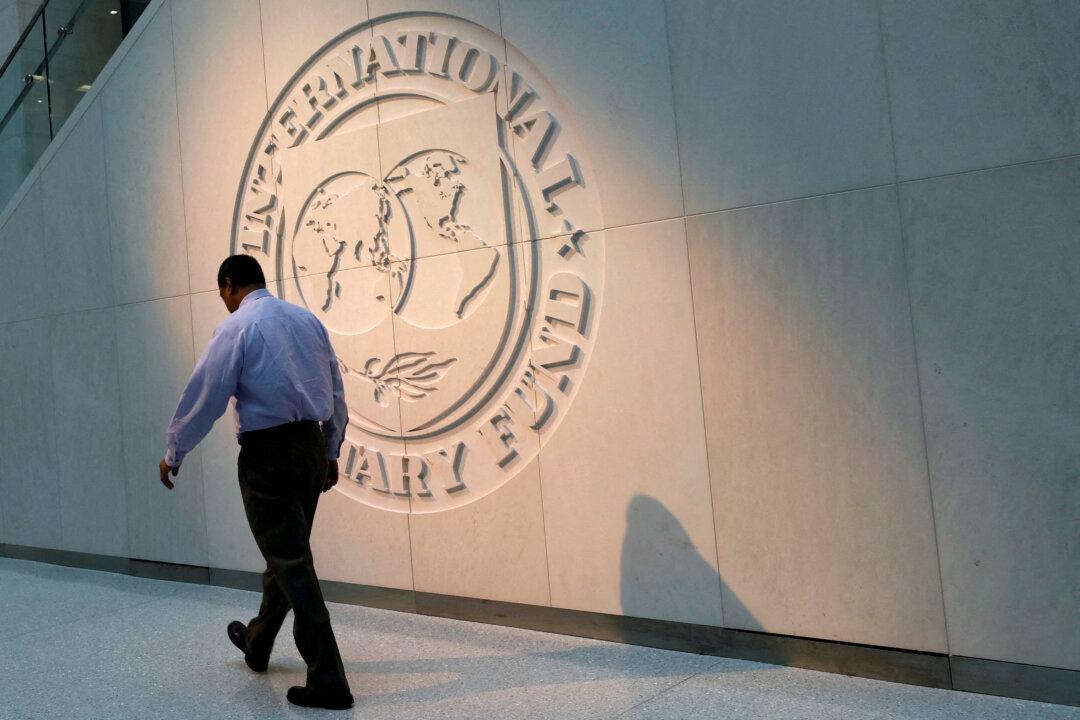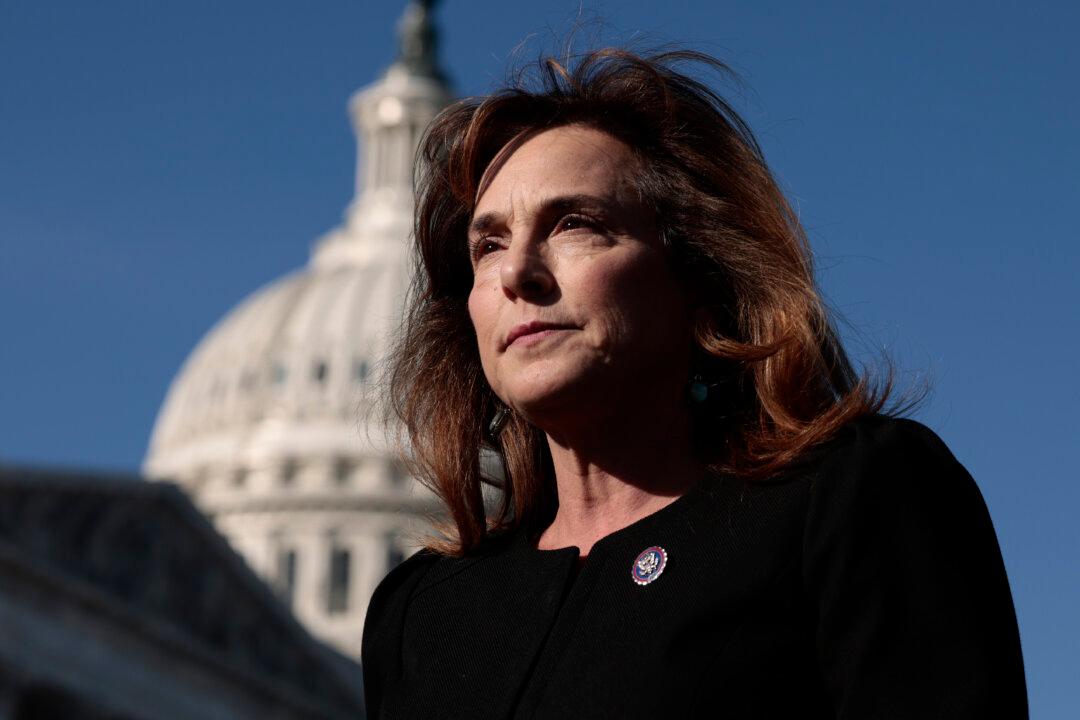New FTX CEO John Ray testified before the U.S. House Financial Services Committee on Tuesday. This is the first hearing in the committee’s public investigation into the collapse of the crypto exchange.
During the hearing, Ray told the committee that usage of FTX customer funds by Alameda was intentional, not an accident. He also criticized FTX for poor record keeping, claiming that the company used QuickBooks for bookkeeping.




